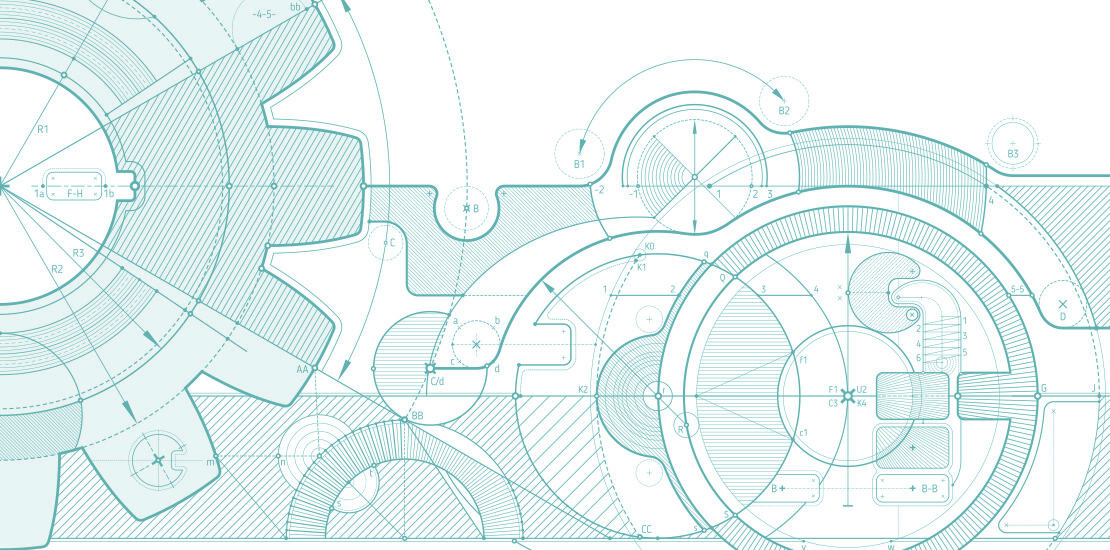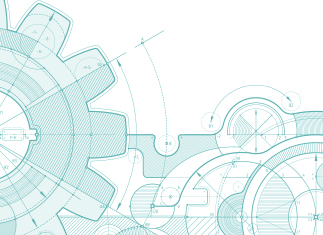Domestic Batteries Best Practice Guide
Date: 16th Mar 2019

Domestic energy storage is becoming a well-recognised technology and is often promoted by Photovoltaic Panel (PV) installers and associated companies, as a method of increasing benefits to householders by storing unused electrical energy produced during the day by PV panels for later use when household usage exceeds PV production. However, with the evolving role of the Distribution Network Operator (DNO) to Distribution Systems Operator (DSO), there may be a role for using domestic scale batteries as tools for balancing the local [DNO] network, to respond to extremes of load (high or low), local renewable generation levels, or to aid in the control of AC frequency. Distributed battery systems may therefore provide a tool to assist DSOs to respond to network challenges. Additionally, as battery technologies evolve, efficiencies improve, and costs reduce, there is also a potential role for using batteries in non-PV-related settings, where electricity is used to charge the battery during cheap-rate periods and use it later when electricity is more expensive, for example using Economy 7, Economy 10, or more innovative time-of-use (TOU) arrangements.
Resources
© 2025 NEA all rights reserved.




